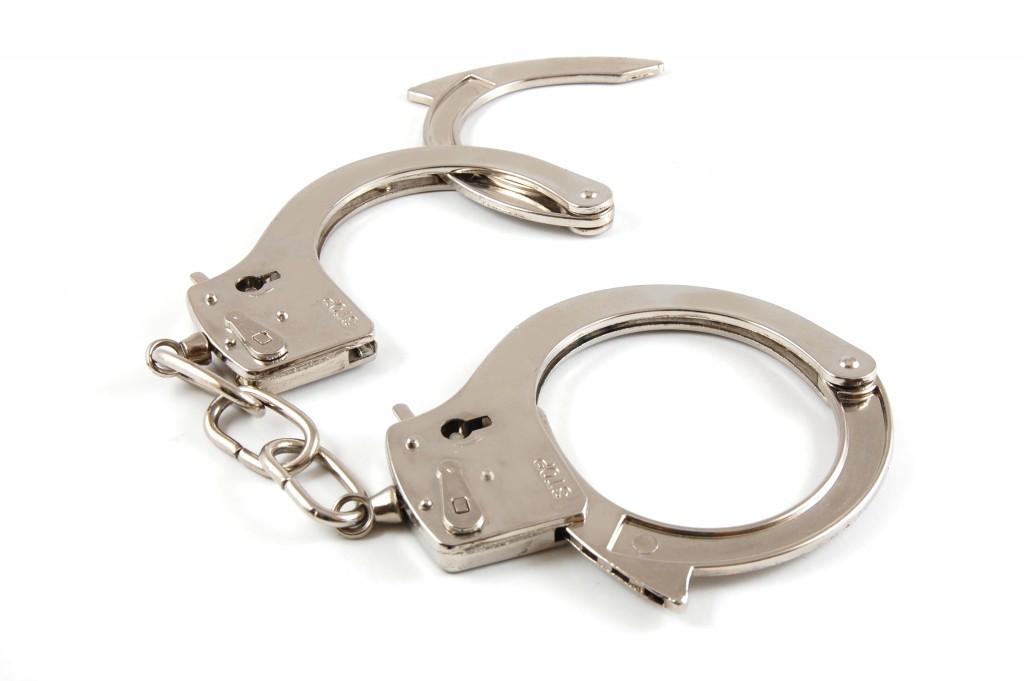One of the most surprising and potentially traumatic experiences you can encounter in your lifetime is to have someone close to you arrested. Once this happens, the rush of confusion and the eruption of emotions may lead to some poor decisions that can make the matter more complicated and unnecessarily worse in general.
It’s perfectly normal for your protective instincts to kick in. But what you have to remember is that there is a correct way of handling the situation, and not doing it may put your loved one or even yourself at more risk.
The best thing to do is to learn what you need to do in case this situation ever arises in your life. This article can help. Here are the things you need to remember.
Everyone needs to stay calm.
Whether you’re with a group of friends or alone with the person being arrested, the most critical first step is to stay calm. You should also advise other people present to do the same, even the person who is being arrested.
That is also true if you are not present during the arrest and have found out about it through other means like a phone call from the jail or if somebody relayed the information to you.
In this situation, emotions like panic and anger will contribute nothing to your desire to get your loved one out of jail. They can even have the opposite effect if these emotions lead to the wrong choices.
Your focus should be on the solutions. That means involving only the people who you know can help the situation. If you are in the best position to do so, it may not be wise to immediately inform others, even members of your loved one’s family — unless they can offer more help and can get the person out of jail faster.
Weigh every step you’re about to take because they can dictate the flow of this whole ordeal.
Information is key.
Getting as much information as possible is another essential thing to remember. If you gather more information, you’ll be in a better position to help out. Here are a few of the things you need to know:
- If you’re present during the arrest, calmly ask the arresting officer their name.
- You also need to ask them their jurisdiction.
- It’s essential to find out the exact charges of the arrest.
- One of the most critical pieces of information is to find out where your loved one will be held.
These pieces of information are essential for your next steps. If it’s your friend that got arrested, you will be the one to relay these to their family, who can better help them.
But information can be a double-edged sword. If you listen closely to the Miranda Rights that officers are required to read to the people they arrest, the first part says, ‘You have the right to remain silent.’
They emphasize that it is a right not to say anything. That is because anything that the person being arrested says from that point forward will be admissible in the court and can be used to incriminate them.
That also goes for whatever you are saying. That’s why it’s important to remember and exercise this right.
If you’re not present during the arrest, and your loved one calls you on the phone from the jail where they are being held, you should also remind them not to say anything that may incriminate them. These conversations are often monitored or even recorded.
Just remember, although it’s essential to gain as much information about the arrest as possible, it’s also important to say as little as possible because of the possibility of the information coming back to hurt you.
Ask for help.

There are two kinds of professionals that can help if your loved one is arrested. The first one is a bail bond agent.
A bail bondsman is a person or an organization representative that will essentially lend you the bail bonds if you cannot afford to post a bond for your loved one yourself.
The second kind of professional help you need is legal representation. If your loved one already has a lawyer, you may be in the best position to contact them. If they don’t, you have the option to get one or wait for the public defender that will be appointed to your loved one.
Conclusion
Watching your loved one be arrested is just as harrowing as getting charged yourself. However, it’s essential to remember that there are correct steps to be taken in this situation. Don’t let panic cloud your decision-making. Get as much information as you can while not disclosing anything incriminating. Finally, you need to get help.

